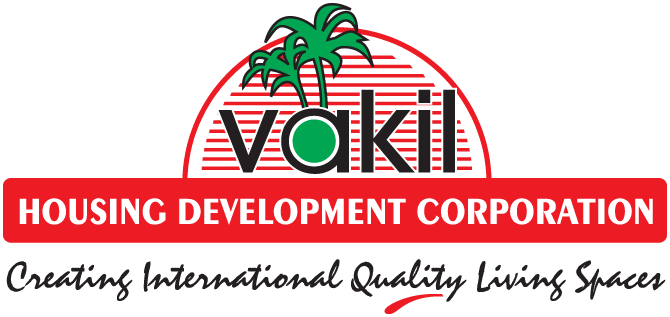Adding to the Annual Real Estate Wish list for Budget 2015
 The big budget day is coming up and naturally there have been lots of discussions on what Finance Minister Arun Jaitley has in store for us with Budget 2015.Belonging to the fraternity of real estate development, it is natural that several of our conversations have steered towards the desires of the community. While some of these requirements have been pending for a while now, several new ones have cropped up thanks to the prevailing scenario in the real estate world.If I were to summarize it, here are some thoughts on the expectations of the real estate community from the Budget 2015.Infrastructural Development is the need of the hour. Emphasis on infrastructural development is essential to help support the rapid residential growth that is taking place across cities.Also, the development of Smart Cities will provide a wider range of opportunities to a larger segment of people.
The big budget day is coming up and naturally there have been lots of discussions on what Finance Minister Arun Jaitley has in store for us with Budget 2015.Belonging to the fraternity of real estate development, it is natural that several of our conversations have steered towards the desires of the community. While some of these requirements have been pending for a while now, several new ones have cropped up thanks to the prevailing scenario in the real estate world.If I were to summarize it, here are some thoughts on the expectations of the real estate community from the Budget 2015.Infrastructural Development is the need of the hour. Emphasis on infrastructural development is essential to help support the rapid residential growth that is taking place across cities.Also, the development of Smart Cities will provide a wider range of opportunities to a larger segment of people.
Financial Progress
- Tax provisions for smoother operation of Real Estate Investment Trust (REITs) and Infrastructure Investment Trust (InvITs) may have been introduced in the previous budgets, however there are certain ambiguities in relation to foreign funding that need to be resolved for REITs and InvITs to be successful.
- Special Economic Zones (SEZ) were a priority once and were well received by the realty community. But with the withdrawal of Minimum Alternate Tax (MAT) and Dividend Distribution Tax (DDT) exemption, these have lost their luster, thus halting the progress on many of them. Restoring these benefits will help revive SEZ development.
- While 100% capital expenditure deductions are available for affordable housing, the definition of capital expenditure does not allow a builder to benefit in any way. This is primarily because construction and land cost are not included in this expense, which is the bulk of the investment. This definition needs to be altered.
Suresh Hari, Secretary of CREDAI-Bengaluru has these points to add:
- Service Tax applicable on residential units adds to the customer’s burden. Similarly the levy of Value Added Tax (VAT) on sale of under-construction properties is a burden. The government will need to offer more clarity on applicability of such taxes. Ideally having a single taxation system across the country will help in transparency in real estate development.
- Before VAT issues are addressed by states, it is essential to get Goods and Services Tax (GST) rolling. Clear-cut rules regarding GST have to be in place, especially in the case of residential development.
Transparent Regulations Needed Today
- The Real Estate Bill 2011 needs to weave in more transparency and accountability on multiple levels. Currently the regulatory regime is not clear. Funding from banks is limited and stamp duties vary from one state to another.Added to that is the slow process of acquiring land. Suresh Hari says, “The Regulatory Committee will need to make the bill user-friendly for both buyer and seller.A quick implementation of the bill, with a level playing field will help in improving equity. This will create healthy competition and avoid unscrupulous elements entering the field.
- Labour laws in the country need to be revisited and brought up to date. A comprehensive set of rules will leave nothing open to interpretation.
- There is a need for a Uniform Building Code. There are major gaps between nationally prescribed rules and state interpretations.
- Each successive government brings in a new system of registration and this is a challenge for realty developers. Digitization of the process is an absolute necessity.
Of course, the needs of the real estate community are almost as vast as the community itself. Comprehensive development with an integrated approach across the nation is what we need.
